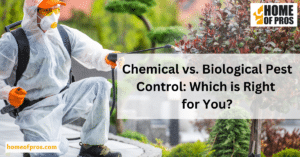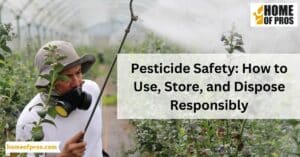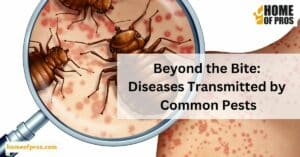If you’ve ever experienced a spider infestation, you know how unsettling it can be. Despite the fact that many species of spiders are harmless, seeing them crawling around your home can be a source of anxiety for many people. The key to managing spider infestations is to understand their behavior and habitat preferences.
Find out what causes spider infestations and learn how to identify them, manage them effectively, and prevent future occurrences. Professional pest control services are also available to help eradicate spider populations in your home. Don’t let spiders take over!
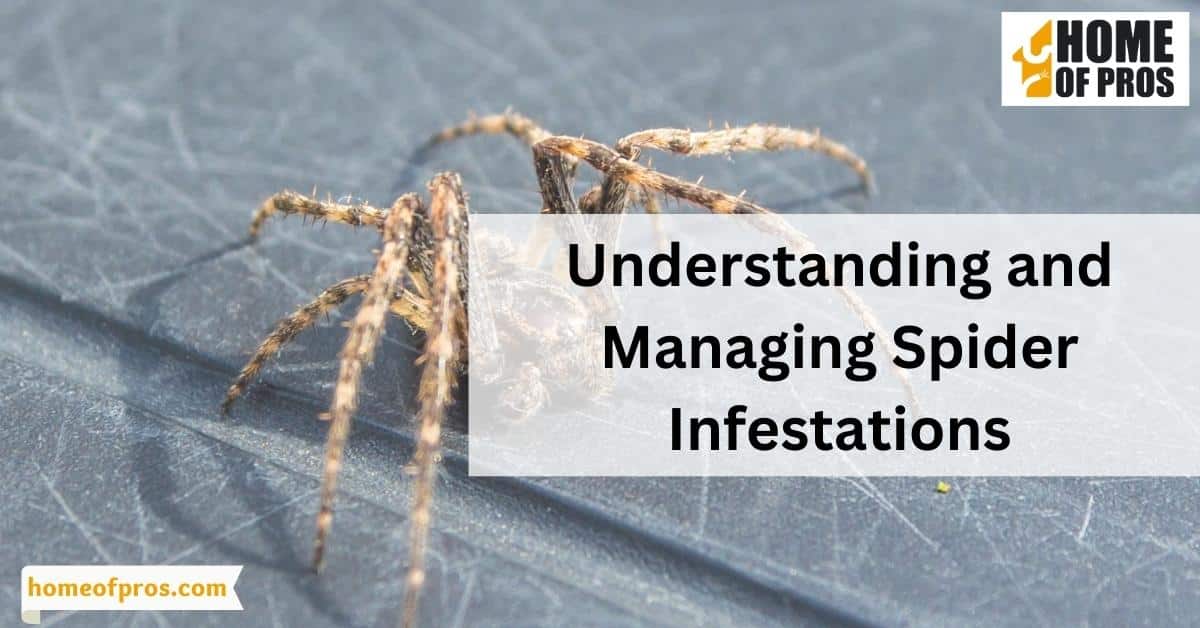
What Causes Spider Infestations?
If you’re noticing more spiders in your home, it’s likely due to an abundance of food sources or shelter. Spiders are hunters, and they’re attracted to places with plenty of insects to eat.
If your home has a bug problem, spiders will move in for the feast. Another reason could be the weather. As temperatures drop, spiders seek cozy spots indoors. Also, cluttered spaces offer great hideouts for our eight-legged friends.
By tidying up and managing other pests, you can make your home less appealing to spiders. Remember, a spider-friendly environment is often a sign of another underlying pest issue.
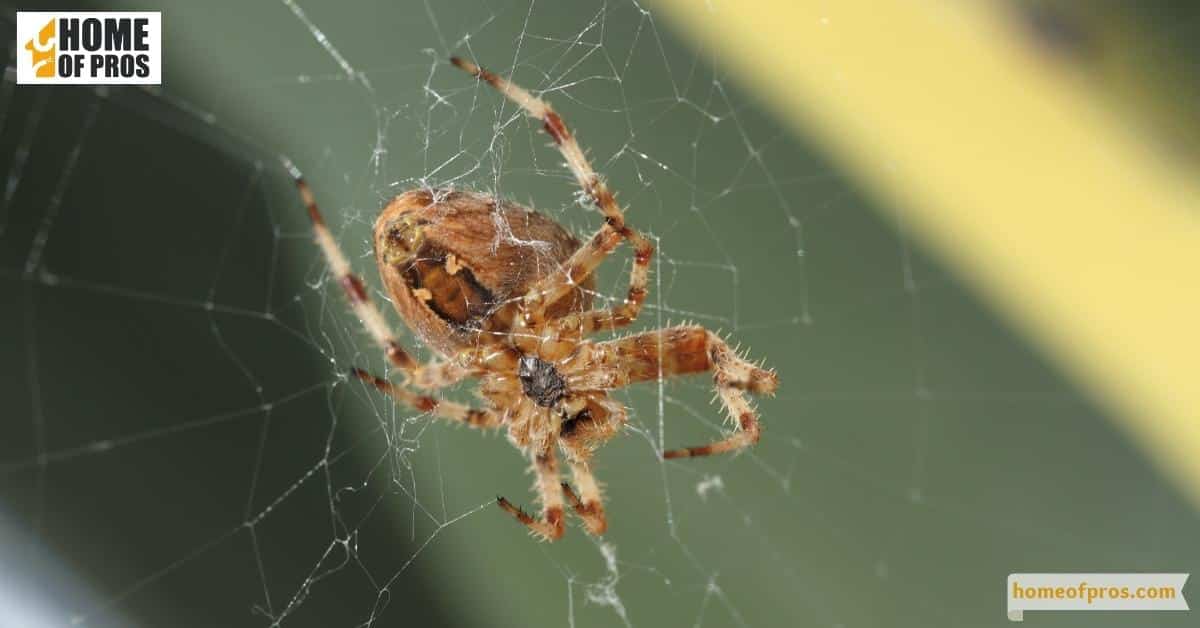
How to Identify a Spider Infestation
Spiders are a common sight in most homes, but an infestation is something different. A few spiders here and there may be harmless, but a sudden influx can indicate a larger problem. Here’s how to identify if you’re dealing with a spider infestation.
Increase in Spider Sightings
The most obvious sign of an infestation is seeing more spiders than usual. If you’re regularly encountering spiders in your home, especially in places that are well-lit and frequently used, this could be a sign of an infestation.
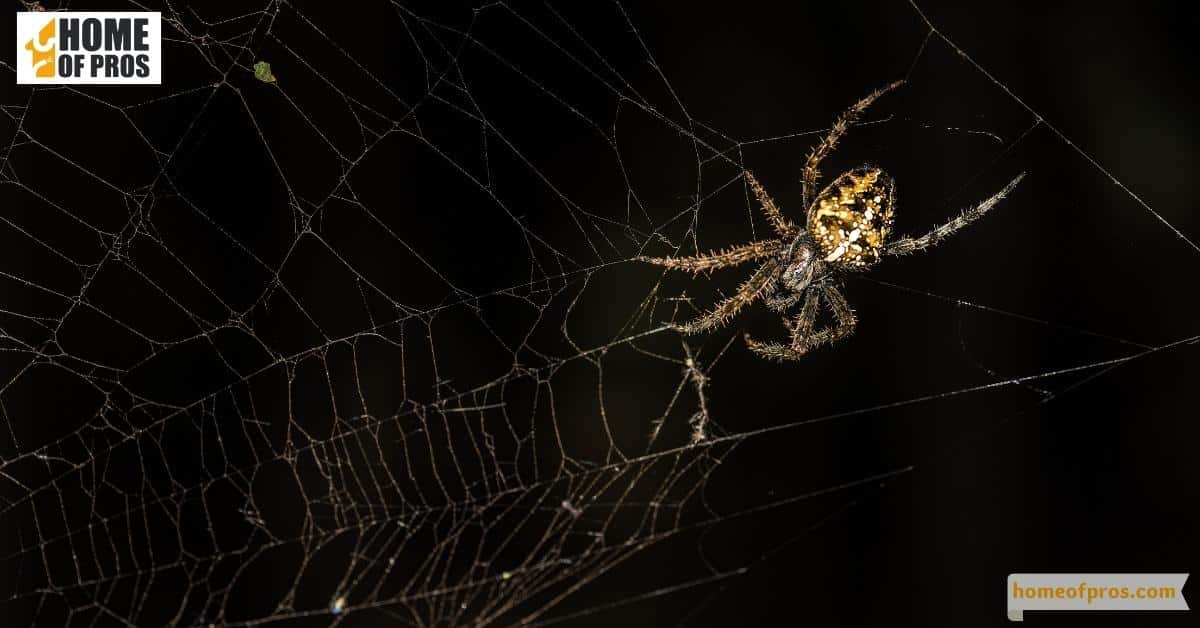
Presence of Webs
While not all spiders weave webs, those that do leave a clear sign of their presence. If you’re noticing an increase in webs around your home, particularly in corners or less-disturbed areas, you may have a spider problem.
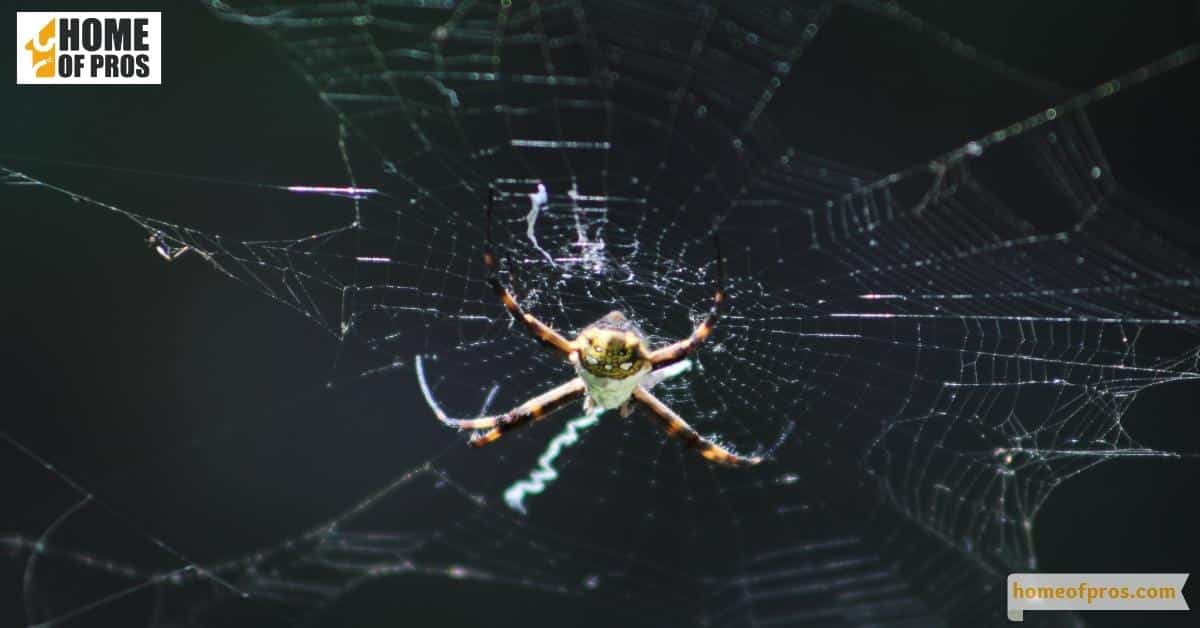
Egg Sacs
Many species of spiders lay their eggs in silk sacs that are often located near the web. These sacs can contain hundreds of eggs, so finding them in your home could signal a growing infestation.
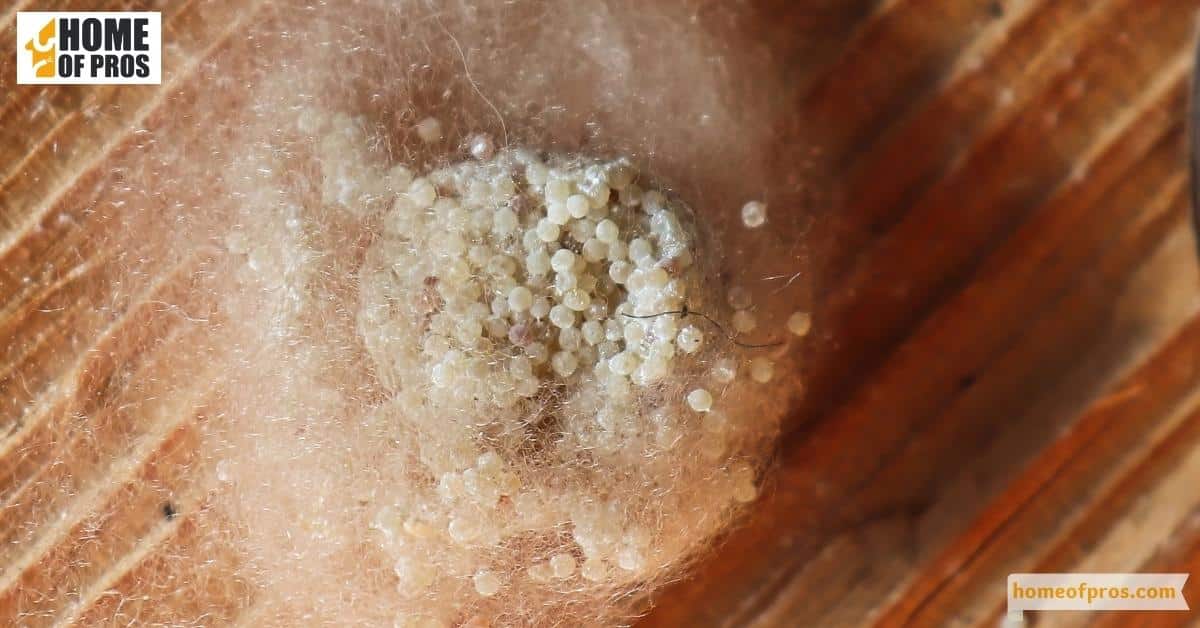
Increase in Other Insects
Spiders prey on other insects. If you’re noticing a rise in the population of other pests in your home, it may attract spiders looking for a meal.
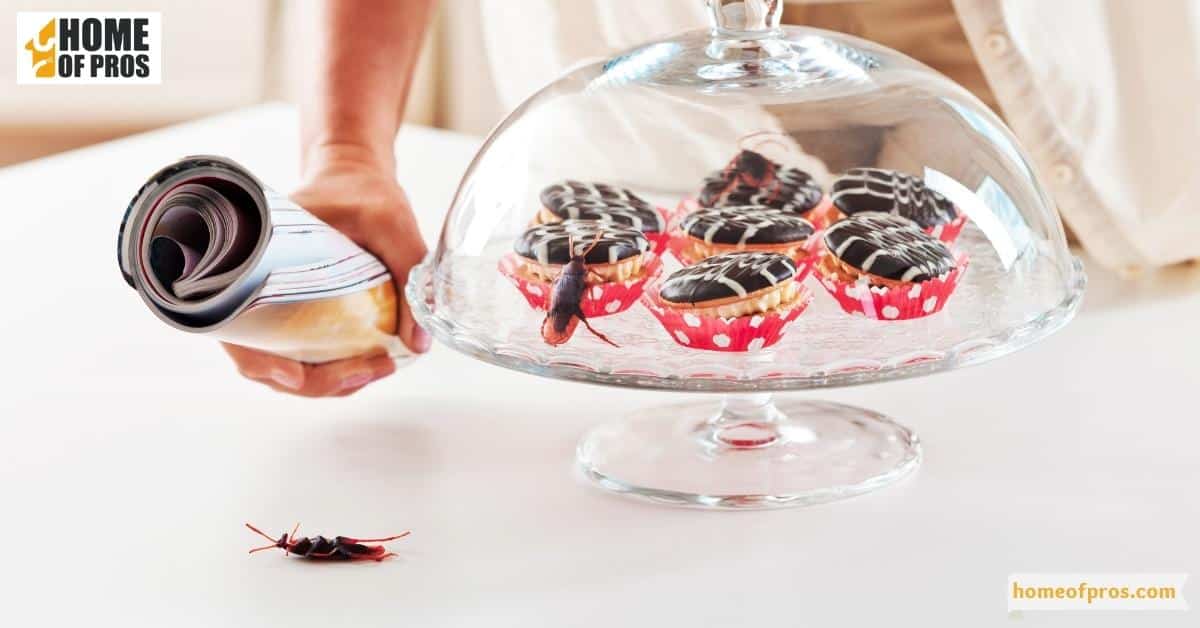
Unusual Places
If you’re finding spiders in unusual places like your bed, clothes, or areas you frequently use, this could suggest a significant spider issue.
Identifying a spider infestation is the first step toward addressing it. If you spot these signs, it may be time to call a pest control professional to ensure the situation is handled properly.
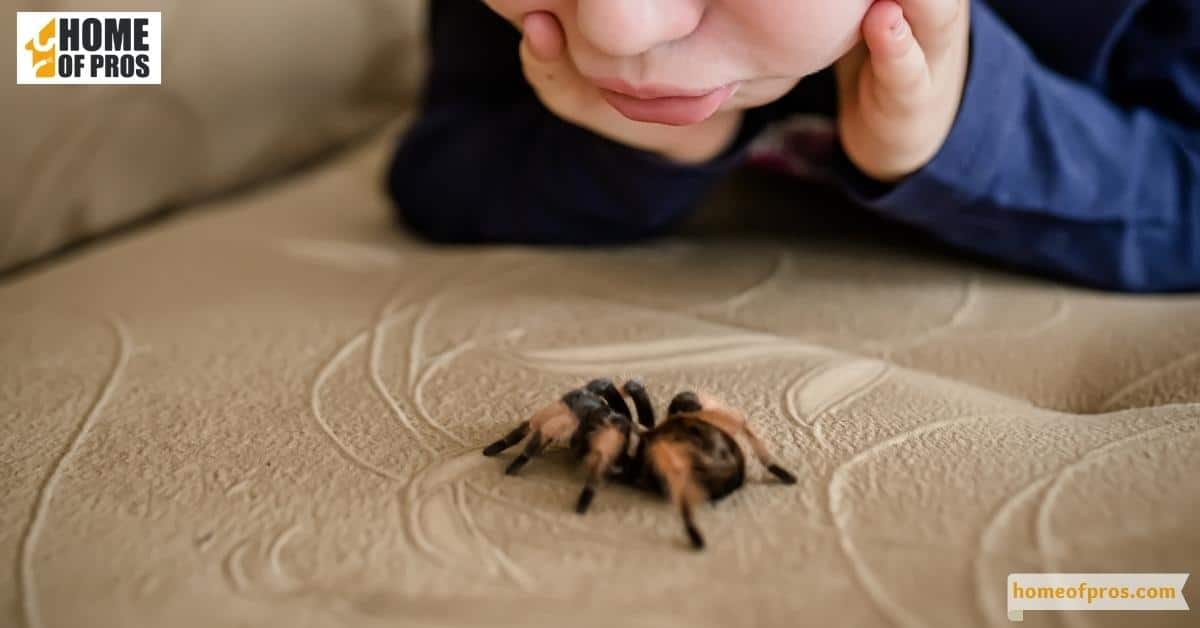
Managing Spider Infestations Effectively
Spiders are nature’s pest control, but when they become an infestation in your home, you need to take action. If left unchecked, spider infestations can quickly get out of hand and even cause structural damage to your property. Knowing how to identify and manage a spider infestation is key to controlling them effectively.
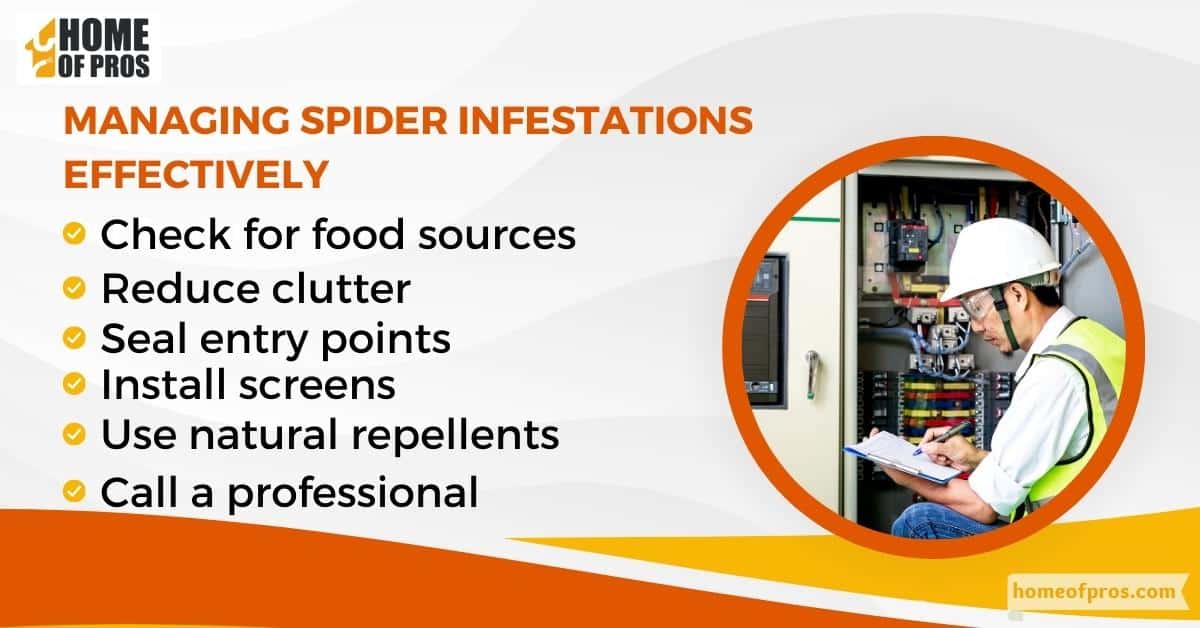
- Check for food sources. Spiders are attracted to homes with a ready supply of food. Eliminate sources of other insects, such as flies and ants, to reduce the spider population.
- Reduce clutter. Cluttered spaces provide great hideouts for spiders, so declutter your home as much as possible.
- Seal entry points. Spiders can come into your home through cracks and holes in your walls, so inspect your property for any openings and seal them up with caulk or weatherstripping.
- Install screens. If your windows have no screens, install some to help prevent spiders from entering your home.
- Use natural repellents. Certain essential oils, such as eucalyptus and peppermint oil, can be used to repel spiders.
- Call a professional. If you’re unable to control your spider infestation on your own, contact a professional pest control company for help. They have the knowledge and expertise to get rid of your spider problem safely and effectively.
Prevention Tips for Avoiding Spider Infestations
While spiders play a key role in controlling other pests, nobody wants them to take over their home. To prevent a spider infestation, there are several steps you can take. Here are some practical tips to keep these eight-legged creatures at bay.
Regular Cleaning
Regularly cleaning your house can help deter spiders. They prefer quiet, undisturbed areas, so frequent vacuuming and dusting can make your home less attractive.
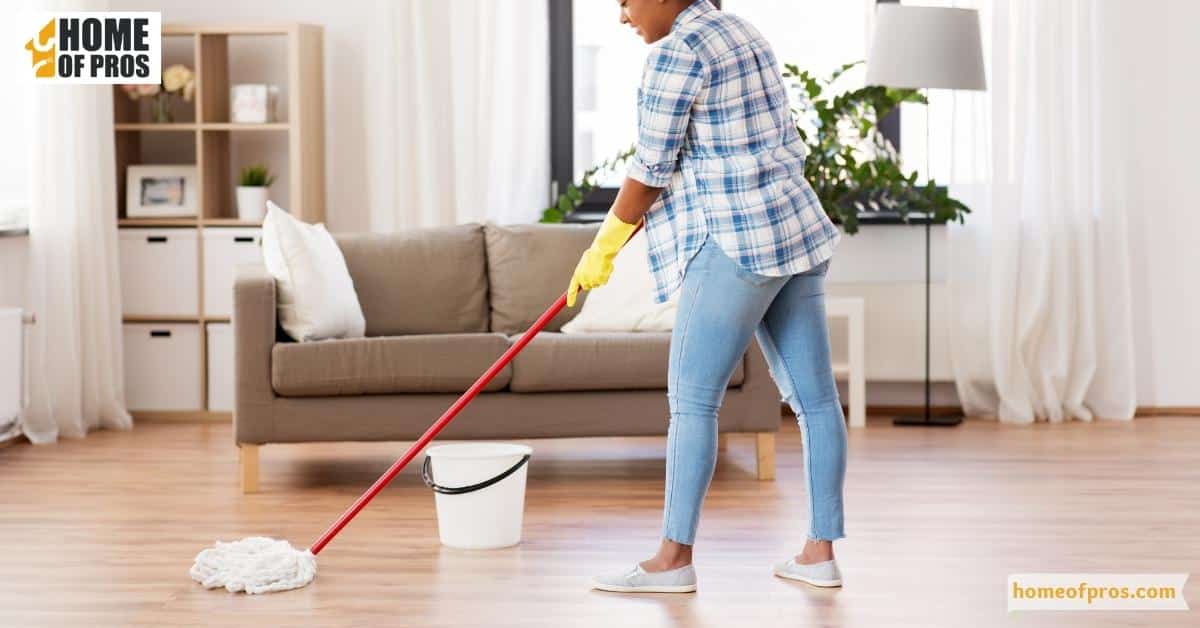
Declutter
Spiders love hiding in clutter. Reducing unnecessary items, particularly in storage areas like basements or attics, can decrease potential hiding spots.

Seal Cracks and Openings
Spiders often enter homes through cracks and openings. Regularly inspect your home’s exterior for any gaps and seal them promptly.
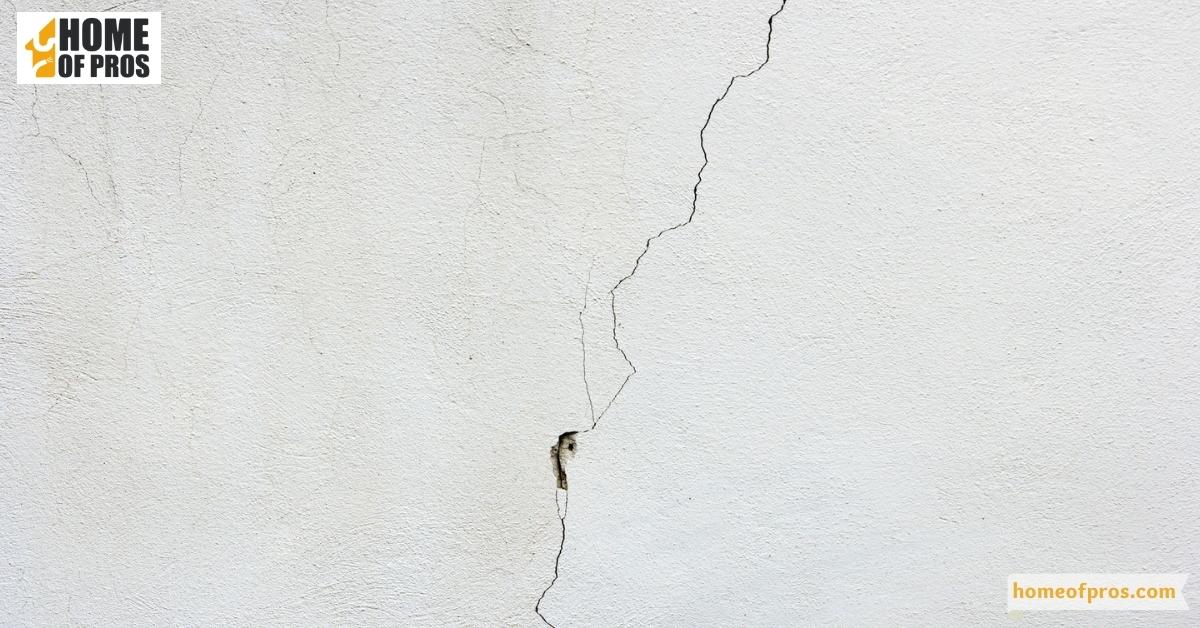
Control Other Insects
As spiders feed on insects, an abundance of other pests can attract them. Keeping insect populations in check can help prevent a spider infestation.
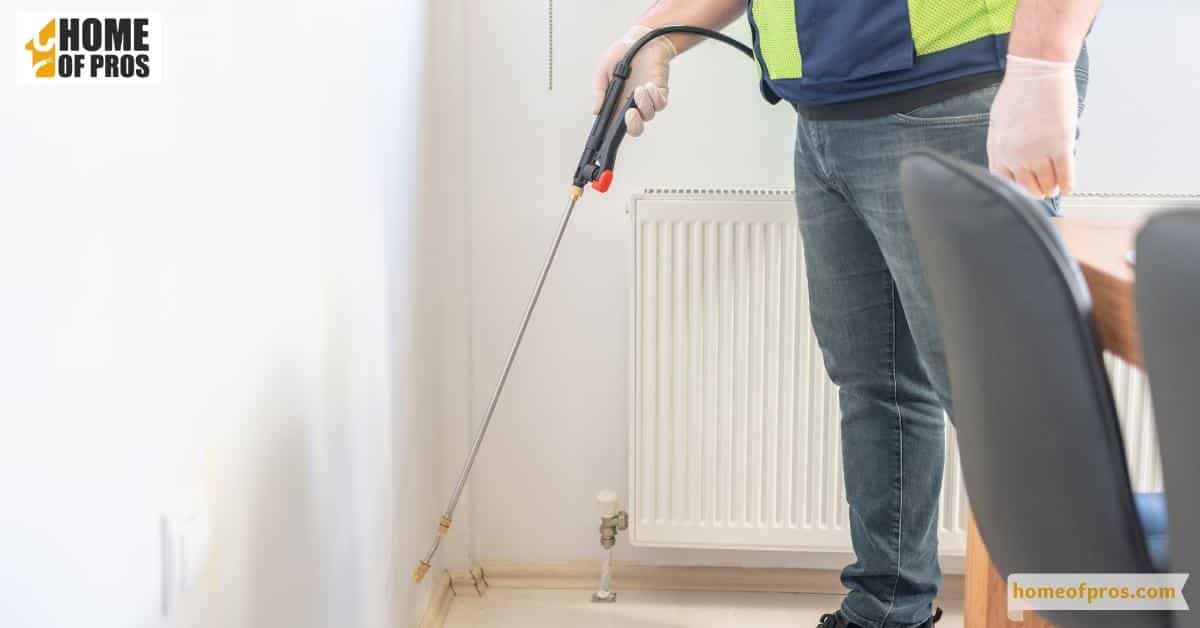
Use Natural Repellents
Certain natural substances, such as peppermint oil or vinegar, can deter spiders. Spraying these around your home can help keep spiders away.
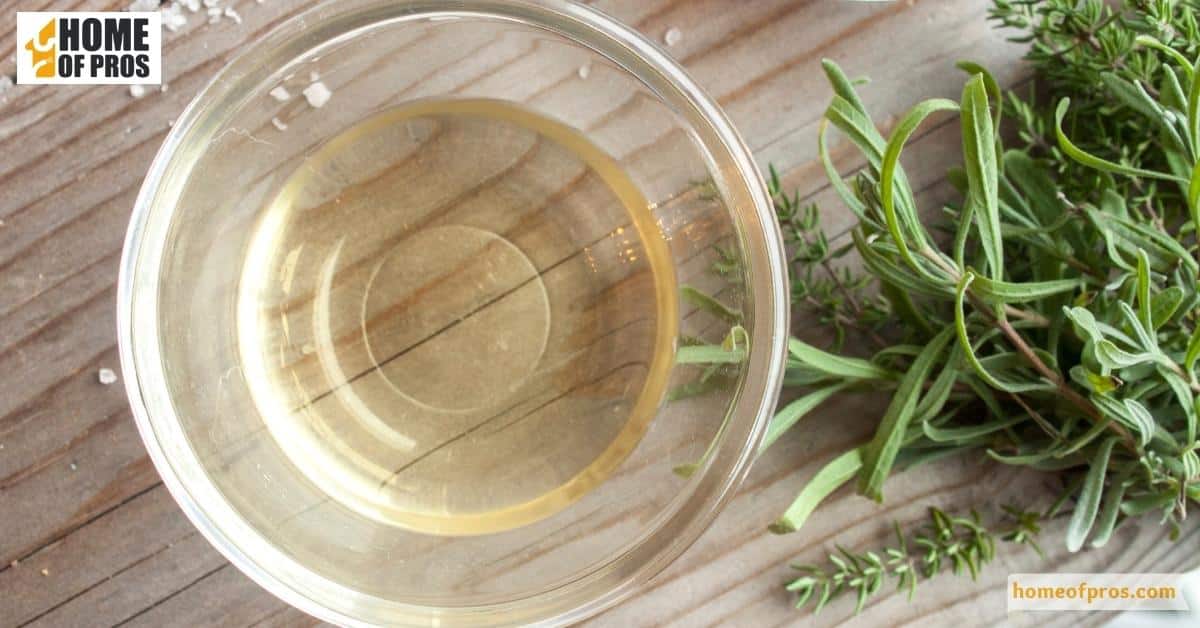
Regularly Check for Webs and Egg Sacs
Regular inspections for webs and egg sacs can help you spot a potential infestation early and take necessary action.
By implementing these prevention tips, you can make your home less inviting to spiders and avoid potential infestations. Remember, if you do find yourself facing a serious spider problem, it’s best to call in professional pest control services.
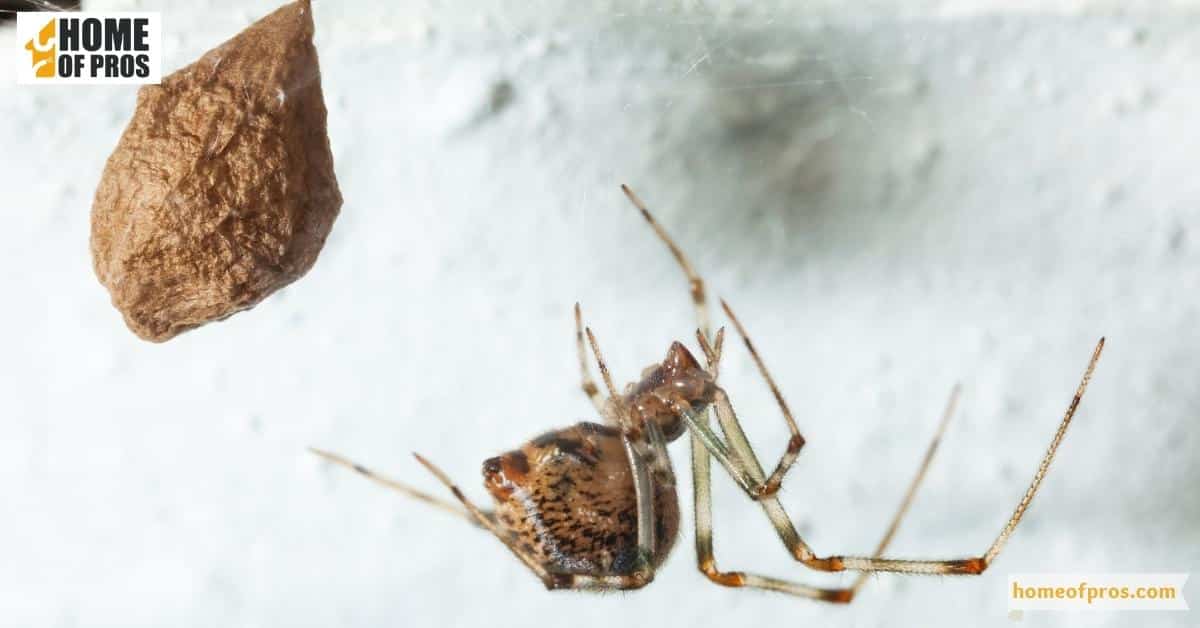
Professional Pest Control Services for Spider Problems
The process typically starts with a thorough inspection to ascertain the severity of the infestation and identify the species of spiders present. This is an important step as different spider species may require unique treatment approaches.
Once the spiders are identified, experts deploy various extermination techniques including using insecticide dust injected into wall voids or targeted perimeter treatments.
These professional services also provide valuable guidance on preventing future infestations. This might include recommendations to seal gaps and cracks in your home’s structure, reduce clutter, and control other insect populations which could be attracting spiders. The cost for these services can range between $150 to $500, depending on the extent of the infestation.
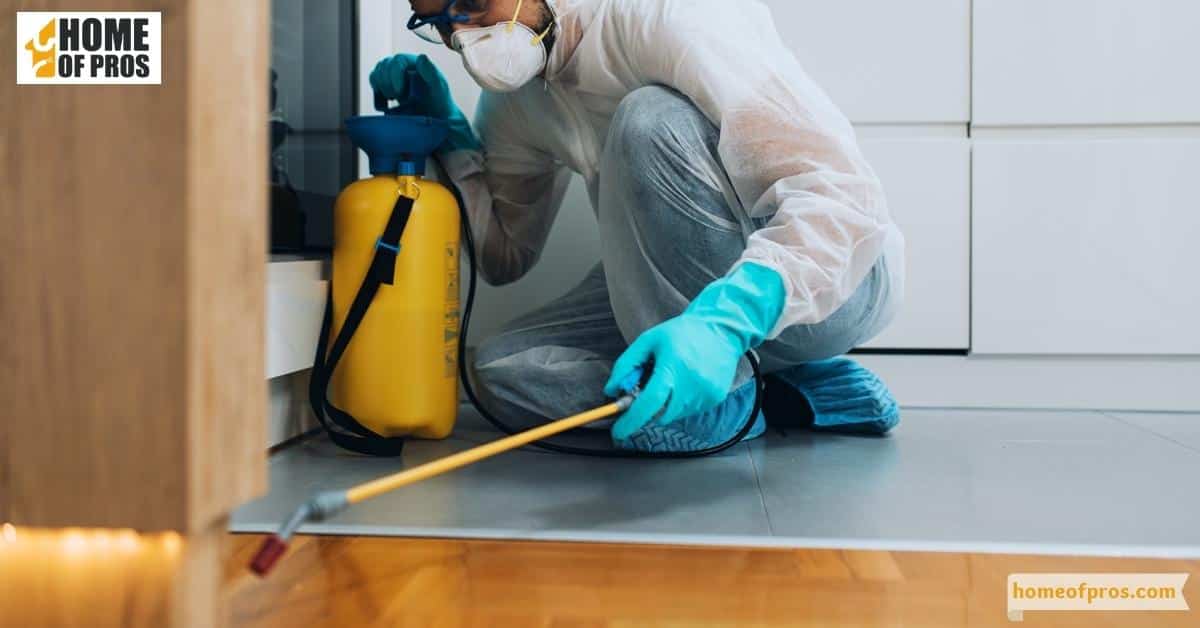
In conclusion
Understanding and managing spider infestations doesn’t have to be a daunting task. By taking simple preventative measures, like reducing clutter and sealing entry points, you can greatly decrease the likelihood of spiders making themselves at home in your space.
If you do find yourself dealing with a spider infestation, there are safe and effective ways to remove them without harming yourself or the environment. Remember to always wear gloves and use caution when handling spiders, and consider enlisting the help of a professional pest control service if the infestation is particularly persistent.


